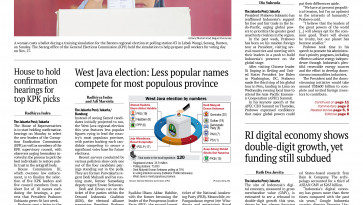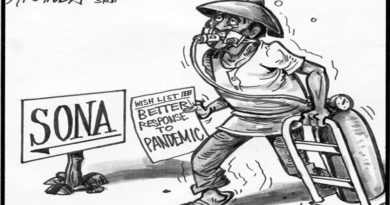ASEAN HEADLINE-WATER | CAMBODIA: ADB approves $93.6 million to enhance rural water and sanitation facilities in Cambodia
The Asian Development Bank (ADB) has approved a significant funding package of $93.6 million in loans and grants to improve and expand climate-resilient and inclusive rural water supply, sanitation, and hygiene (WASH) facilities across Cambodia.
.
.

This initiative, announced in a news release on Monday, is part of the Rural Water Supply, Sanitation, and Hygiene Improvement Sector Development Program.
The program is set to make a significant impact, reaching approximately 88,000 households across 400 villages in 50 communes spanning nine provinces in Cambodia.
These provinces include Banteay Meanchey, Battambang, Kampong Speu, Kampot, Kratie, Oddar Meanchey, Pailin, Preah Vihear, and Stung Treng.
The program’s primary goal is to support the Cambodian government’s ongoing efforts to provide universal access to safely managed water supply services and basic hygiene facilities in rural areas while also enhancing access to safely managed sanitation facilities with a focus on affordability.
“The program supports ‘WASH for all’ by prioritising rural populations in remote areas,” stated ADB Country Director for Cambodia, Jyotsana Varma. “It proposes reforms to strengthen governance in the management of community-managed WASH facilities and scale up government planning for sustainability and climate resilience.”
In addition to the loans, the program includes a $3 million grant and technical assistance worth $600,000. These funds will be instrumental in implementing the necessary reforms and ensuring that the program’s objectives are met.
The urgency of this program is underscored by the current state of water and sanitation in Cambodia. As of 2022, only 29 percent of the population had access to safely managed water supplies, with the figure dropping to a mere 20 percent in rural areas.
Access to safely managed sanitation facilities was slightly higher at 37 percent nationally, but only 34 percent in rural areas. Moreover, open defecation remains a significant issue, with approximately 2 million rural residents practising it, leading to the contamination of land and water resources and contributing to the spread of waterborne diseases.
Since 2005, ADB-supported WASH services have benefitted over 1 million people, particularly those residing in the Tonle Sap Lake provinces. This new program builds on these efforts, aiming to improve further Cambodia’s rural communities’ health, well-being, and resilience.
Khmer Times
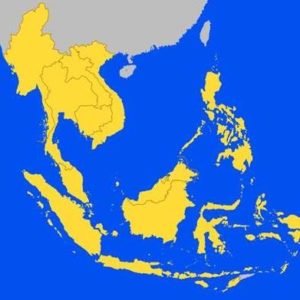

@[email protected]

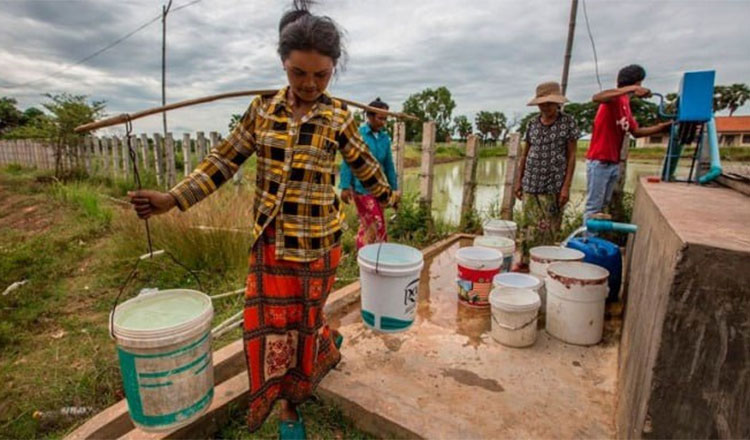
 .
.
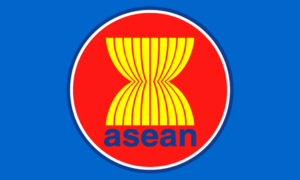

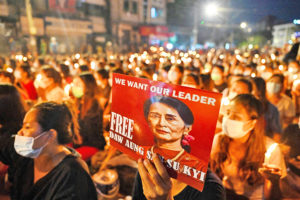
 Memento Maxima Digital Marketing
Memento Maxima Digital Marketing





